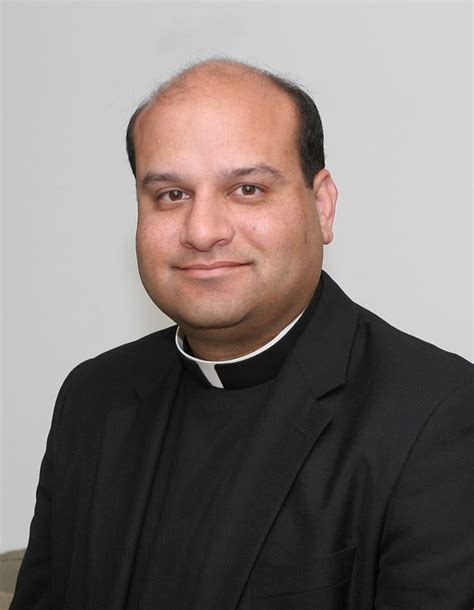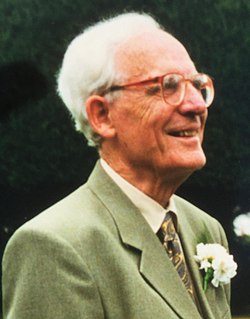A Quote by James Davison Hunter
But the consequences of the whole-hearted and uncritical embrace of politics by Christians has been, IN EFFECT, to reduce Christian faith to a political ideology and various Christian denominations and para-church organizations as special interest groups. The political engagement of the various Christian groups is certainly legal, but in ways that are undoubtedly unintended, it has also been counterproductive of the ends to which they aspire.
Quote Topics
Also
Aspire
Been
Certainly
Christian
Christian Denominations
Christian Faith
Christians
Church
Consequences
Counterproductive
Denominations
Effect
Embrace
Ends
Engagement
Faith
Groups
Hearted
Ideology
Interest
Interest Groups
Legal
Organizations
Political
Political Engagement
Political Ideology
Politics
Reduce
Special
Special Interest
Special Interest Groups
Undoubtedly
Unintended
Various
Ways
Which
Whole
Related Quotes
That the religious right completely took over the word Christian is a given. At one time, phrases such as Christian charity and Christian tolerance were used to denote kindness and compassion. To perform a "Christian" act meant an act of giving, of acceptance, of toleration. Now, Christian is invariably linked to right-wing conservative political thought -- Christian nation, Christian morality, Christian values, Christian family.
I was born into a Christian household, in a parsonage in fact, so I grew up in sort of a missionary atmosphere but it was an environment which involved both the traditional religions as well as the Muslim religion, so we were exposed to all the various facets of faith, micro cultures which existed within those beliefs, and even though I've lost whatever Christian faith was drummed into me as a child, I still maintain very good relationship with all the various religions.
In restating this basic Christian doctrine, Benedict argues that it is not only for Christians alone. Others may not share the Christian faith in God, but the Christian proclamation that hope comes from within the person- in the realm of faith and conscience - is for them too. It offers an important protection against stifling and occasionally brutal social systems built on false hopes that come from outside the person, founded on political idealogies, economic models and social theories.
In the modern Christian attempt to take a stand as Christ did, and maybe for others, win the approval of the world, the Christian will often think that it consists of targeting and demoralizing fellow Christians and only fellow Christians. It is one thing to stand against religious hypocrisy when one sees it, but it is another to go on snorting at anything or anyone who might seem 'too Christian' to us. The irony is that by doing this we are further advocating hypocrisy and 'half-hearted Christians'.
It's no understatement that the church has done a poor job in teaching our young people that reason and faith are not opposites, and that atheists are far from being on the side of reason. You can find on our website a chart which I use to demonstrate the various worldviews work out, and which one, Christianity, is rational. Many kids, however, who grow up huddled in a Christian environment find themselves in the university setting completely unequipped to defend the rationality of the Christian faith against the secular humanist worldview so prevalent on college campuses.
Christian faith is exclusivistic. Christian faith lays claim upon our lives. The sanctity of life, what we do with a life, is very definitive in the Christian faith, what we do with sexuality, what we do with marriage, all of the fundamental questions of life have points of reference for answers, and people just have an aversion for that. That I think is the biggest reason they feel hostile towards the Christian faith.
It wouldn't matter if every single President since Washington had been a Bible-toting, evangelical Christian. They weren't, of course, but even if they had been, it still would not change the secular foundation of our republic. Christians like to quote various Presidents or Supreme Court Justices who (quite incorrectly) have referred to our "Christian nation." But what do those quotes prove? I could quote Richard Nixon, but would that prove that ours was intended to be a nation of crooks?
There is no longer a Christian mind ... the modern Christian has succumbed to secularization. He accepts religion - its morality, its worship, its spiritual culture; but he rejects the religious view of life, the view which sets all earthly issues within the context of the eternal, the view which relates all human problems social, political, cultural to the doctrinal foundations of the Christian Faith, the view which sees all things here below in terms of God's supremacy and earth's transitoriness, in terms of Heaven and Hell.
If the various groups in America had been less selfish and had permitted different representatives from the groups to travel into foreign countries, and broaden their own scope, and come back and educate the movements they represented, not only would this have made the groups to which they belonged more enlightened and more worldly in the international sense, but it also would have given the independent African states abroad a better understanding of the groups in the United States, and what they stand for, what they represent.

































